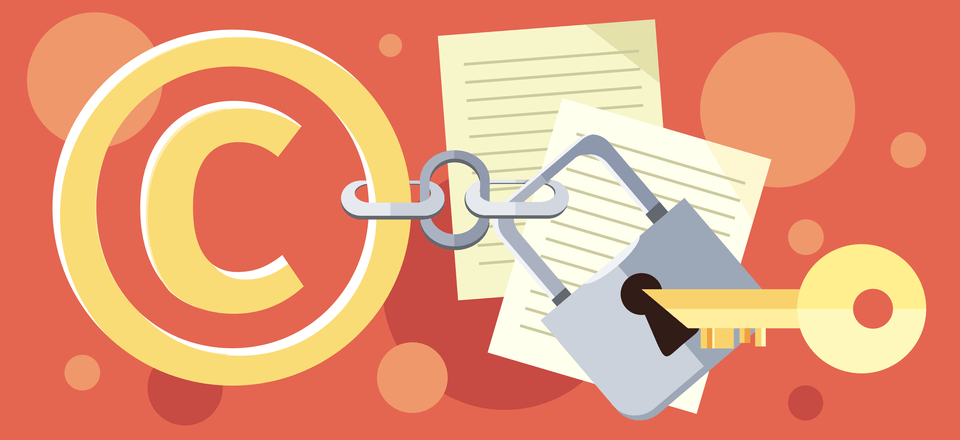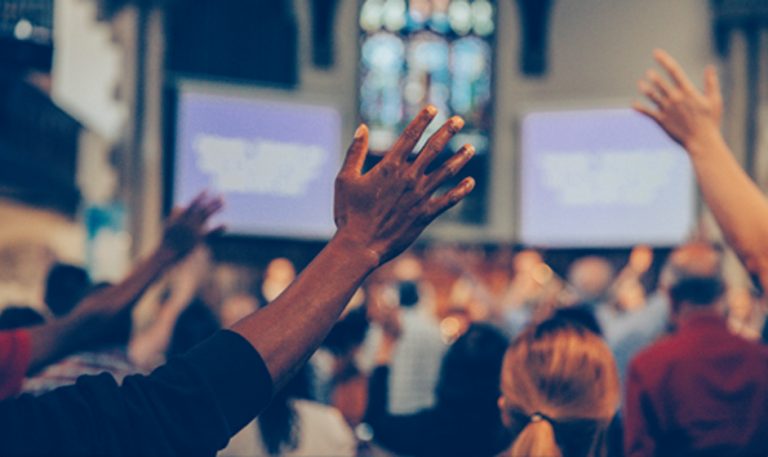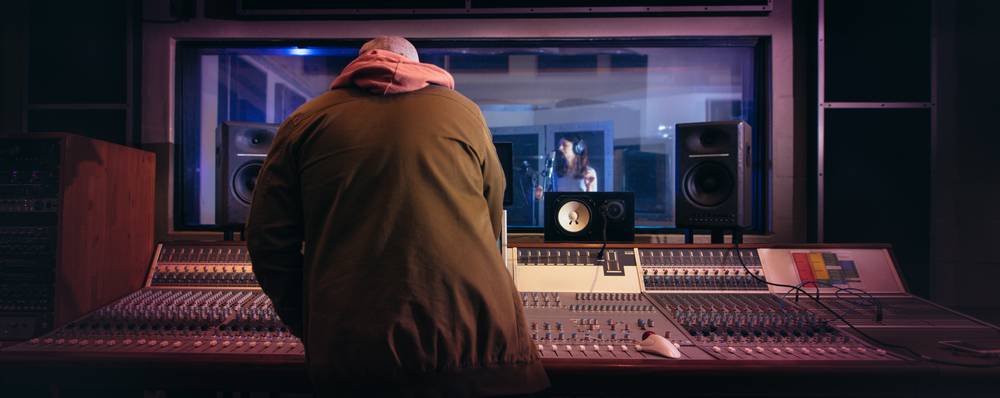Introduction
Copyright happens to be the sole right of ownership of the creator for their piece of work. In order to legalize copyright, registration is a must. While registering, if there are any objections in the claim of ownership or in the event of any discrepancies in the application, the applicant will be duly informed. To the same, the applicant needs to respond to the objection pertaining to copyright. This write up helps you in replying to such a notice.
Method of Registration
The Copyright Act, 1957 and the Copyright Rules, 2013 guide the Copyright Registration procedure in India. Any real or authentic or original artistic endeavor, be it cinematographic film or music composition or literary/dramatic work or sound recording or software, can be sought protection from violation through copyright, however, the work must be the result of your organic creation. The necessary fee has to be part of the application meant for registration. Also, the application should have the essential signatures and Power(s) of Attorney.
As for objections, 30 days waiting period applies, post filing. In case of no objections, the authority will forward the application to a scrutinizer. The registration process comes to an end with the scrutinizer not finding any hiccups in the application.
The whole process can take 8-9 months, depending on objections and discrepancies.
Objections and Inconsistencies
A copyright objection comes up if a third-party files an application saying the work resembles an old or already existing idea belonging to them. Both the parties then want a reply to copyright objection to clarify the issues raised, and get the outcomes in letters. In some cases, the Registrar may call for a hearing where the registration could either be accepted or rejected. The applicant then waits for 30 days of submission for any objection(s) regarding the work.
A copyright discrepancy occurs when the copyright department finds causes to put a query on the application in the form of letters to the applicant in exchange for an explanation during the course of the examination. An objection could be hoisted for a lot of reasons such as no uniqueness or any wrong particulars being identified by the copyright evaluator.
Replying to an Objection/Discrepancy is a must
After a detailed scrutiny, the Registrar tells the applicant about the presence of objection(s), if any, and seeks documents to confront the same. Also, it is mandated by law to file a query to the copyright objection letter. In case of no response, the Registrar could annul the copyright application and term it ‘rejected’. In order to bypass such rejections and get the legal rights to one’s work, a swift response is very essential.
The Response
The feedback to a copyright opposition or discrepancy letter happens to be a legal document. Writing the same needs fundamental legal knowledge and drafting skills. But, there are two manners, to respond – by the creator himself if requisite knowledge and skills needed to provide an explanation regarding their work are there or by getting the services of a legal team to do the same.
We suggest seeking professional help, as the response to an objection/discrepancy notice is a legal document and the ownership is at stake.
However, there is no basic structure with regard to drafting a response to a copyright objection letter, there are some things you should possess:
- Attach documents with the reply
- Copyright Registration Application Copy
- Affidavit for the reply, if needed
- Documents substantiating reply
- Power of Attorney by the Applicant
- Copy of discrepancy letter issued by the Registrar
Depending on whether or not the Registrar is happy with the supporting documents of the response letter, a hearing could be scheduled.
The reply warrants professionalism to the core as the result of the copyright objection can have severe consequences on your personal life. The reply given to copyright objection is only a formality and does not assure the registration of one’s copyright.
Also, while drafting the response, the creator has to check with the relevant department at the Registry to ensure that process is completed quickly. If an objection is filed, it takes up one month more to ascertain whether the copyright can be registered or not. Additionally, as getting copyright is critical to legally prove ownership, utmost caution is needed to ensure good outcome with the Copyright Application. Hence, do not hesitate to avail legal aid whenever required.





